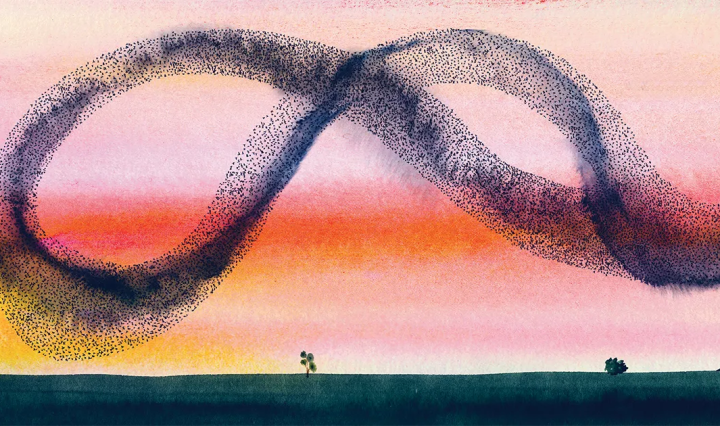
Acid media
Courtesy the DEA . All other images supplied by the author. How perforated squares of trippy blotter paper allowed outlaw chemists and wizard-alchemists to dose the world with LSD Erik Davis is an author, award-winning journalist, sometimes podcaster, and popular speaker based in San Francisco, US. His books include Nomad Codes: Adventures in Modern Esoterica (2010), High Weirdness: Drugs, Esoterica, and Visionary Experience in the 70s (2019) and Blotter: The Untold Story of an Acid Medium (2024). First synthesised in 1938 but not tasted until 1943, acid is essentially a creature of the postwar era. As such, it enters the human world alongside an explosion in consumer advertising, … Continue reading Acid media










